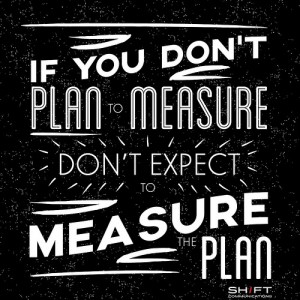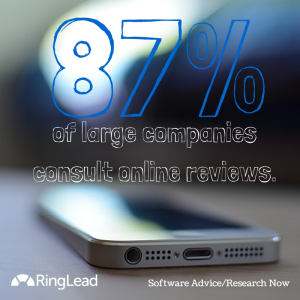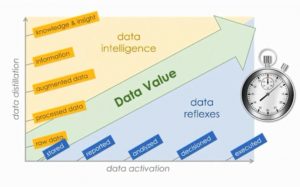— December 6, 2017

paulbr75 / Pixabay
Landing pages are some of the most important pages on our website. They are the pages that people will see when they first click through on an ad, and give us a chance to make the kind of first impression that piques their interest and gets them moving through the sales funnel.
And because landing pages have such an outsized influence on the marketing process, these are the pages we are most likely to test. We want to know which pages lead to higher conversion rates and lower acquisition costs.
But a word of warning for all the would-be optimizers out there. Do not judge a landing page by its source.
Let me explain.
While it can be tempting to open up your Google Analytics account and jump down the Landing Pages to compare the metrics of one page against another, here is why that is not a good idea.
To truly test whether one landing page works better than another, we need to make sure that all other factors are equal. There are a lot of things that might influence the performance of a landing page, such as whether visitors are seeing it on mobile or desktop, the action we are asking them to take when they land on the page, what the ad said that brought them there, and of course, the source.
Visitors from Facebook might perform different than visitors from Google, from Bing, from Twitter, from Yahoo, etc.
So in order to truly test landing page performance, we must ensure that the types of visitors getting to the pages are the same. How do we do that? We test different pages in the same ad groups.
In Adwords, we duplicate ads and change the landing page. In Facebook, we create two ads in the same ad set and send them to two different landing pages. For our banners, we create campaigns that use the same ads but send traffic to two different pages.
Instead of using Google Analytics to determine what pages are working best, we use the platforms themselves to split the traffic between multiple pages and report back on performance.
Data and analytics are great for marketers. But unless you are wary of all the ways data can deceive you, you risk making poor decisions with it.
Digital & Social Articles on Business 2 Community
(49)
Report Post






